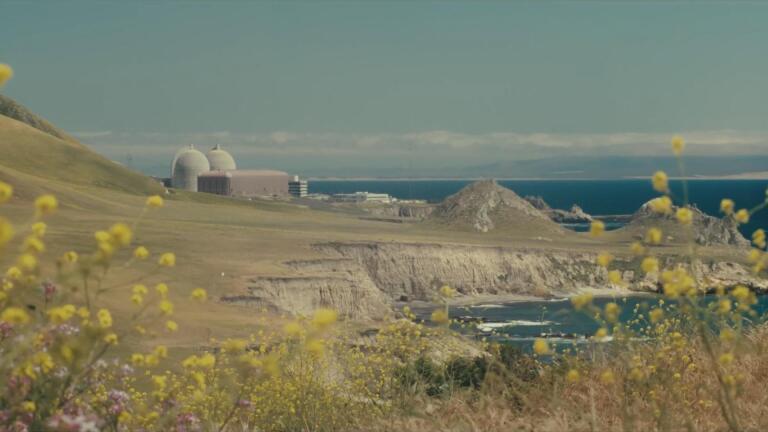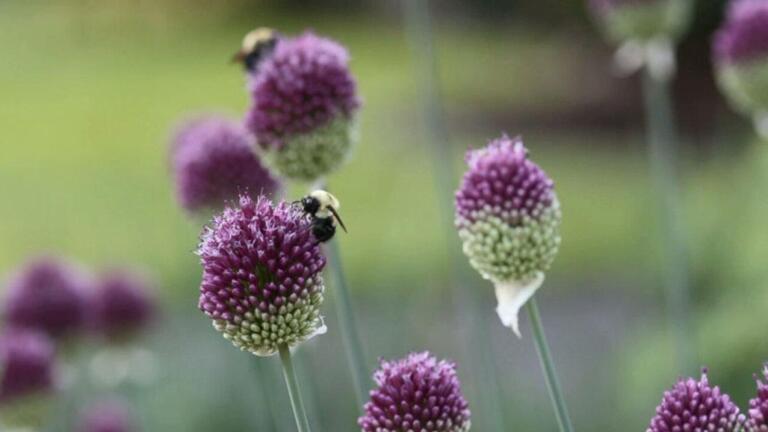Back to Show
Earth Focus
Neonics: Driving Declines in Biodiversity
British bumblebee ecologist Dr. David Goulson, professor of biology at U.K.'s University of Sussex, discusses the impact of neonicotinoid pesticides on biodiversity declines in farmlands. His pioneering research on the impact of neonicotinoid exposure on bumblebees shows that treated nests produce 85 percent less new queens than control nests.
"We essentially have somehow been railroaded by agrochemical companies into relying entirely on their products," he says. "We depend on bees to pollinate our crops and worms and other organisms that live in the soil to keep the soil healthy. If we wipe them all out, then ultimately we will wipe ourselves out."
Support Provided By
Season

26:40
Diablo Canyon ignites conversations about nuclear power in the state’s energy future.

26:40
Love for Joshua Tree endangers the local life—both people and ecosystems.

26:40
Ravens threaten Mojave Desert tortoises, and solutions call on shifts in human behavior.

26:40
A transformed L.A. River is envisioned by the communities that live at its edge.

26:40
The L.A. River is reimagined through explorations of history, hydrology, and architecture.

26:47
Everyday people are standing up against the e-commerce giants polluting the Inland Empire.

56:40
Climate change takes a toll on mental health in rural areas.

56:41
Stories of patients and doctors reveal the environmental determinants of health in South Gate, CA.

26:40
A look at the Peruvian government's Operation Mercury, a decisive action to shut down an entire town built around an illegal gold mine.

26:39
South Africa faces a stark reality as the continent’s largest greenhouse gas emitter.

26:39
In-depth profiles of four young environmentalists: Alexandria Villaseñor in California, Carl Smith in Alaska, Ayakha Melithafa in South Africa and Litokne Kabua in the Marshall Islands.

26:40
Entire aquatic ecosystems are beginning to collapse.















